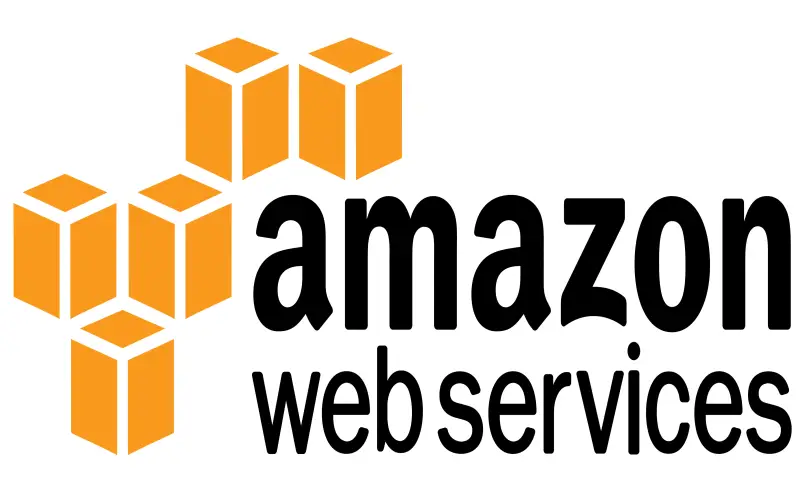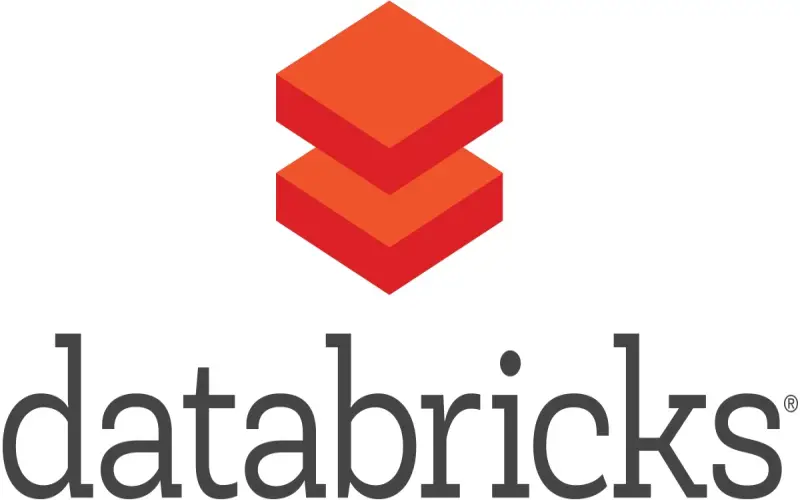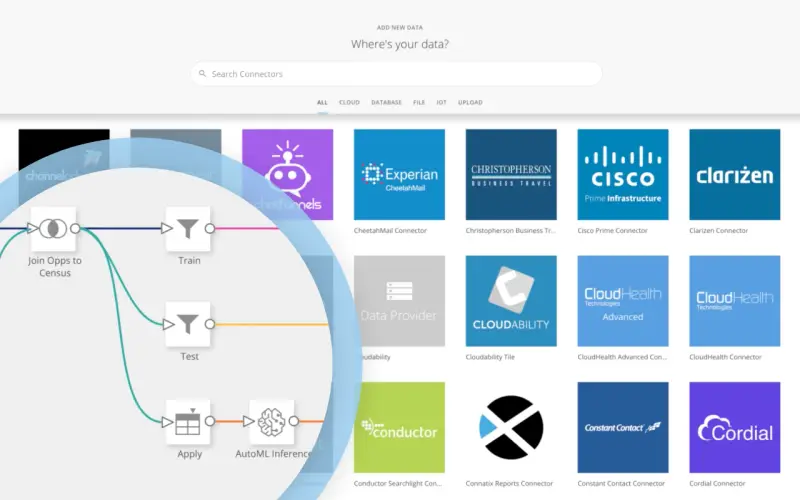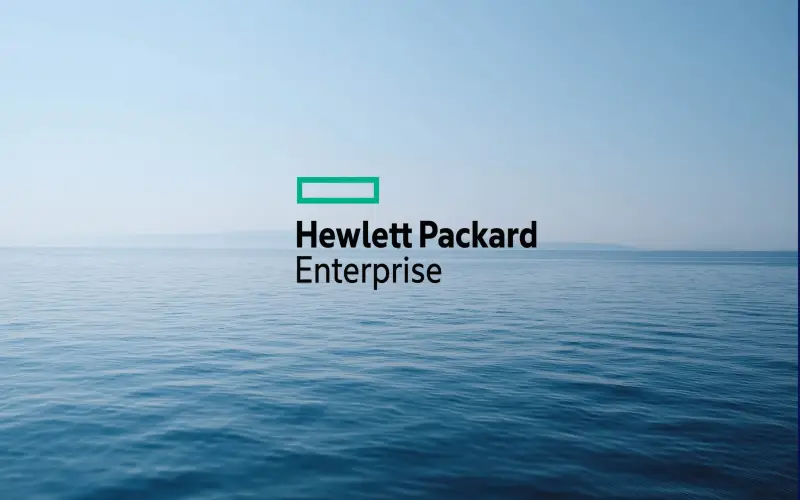Data lakes provide resilient, limitless data storage paired with powerful analytics capabilities to uncover transformative insights. As data volumes grow exponentially across enterprises, data lakes present a forward-looking solution to harness vast datasets while flexibly accommodating future needs. Leading technology vendors offer robust platforms to build enterprise data lakes on, complete with governance, security, and data modeling features. I outline the top 10 data lake options based on analyst reviews and customer adoption. The leading options provide infinite scalability, support batch, and real-time analytics, and integrate machine learning while securing sensitive data. Companies require resilience to drive fact-based decision-making, warranting a data platform aligning with long-range plans.
1. Amazon Web Services (AWS)
AWS offers unmatched scale and flexibility via its cloud infrastructure, translating to essentially endless data storage capacity. The AWS data lake solution centers on Amazon S3 for resilient object storage together with analytics services spanning batch, interactive, and real-time needs. AWS makes it feasible to store endless petabytes of structured, semi-structured, and unstructured data while analyzing through managed services or EC2 infrastructure. The AWS data lake architecture operates as a reference model for securely ingesting siloed enterprise datasets and making refined data available for analysis.

2. Cloudera
As a market-leading open-source data platform, Cloudera offers an enterprise data lake based on Apache Hadoop for limitless scalability. The Cloudera solution packages proven open-source data management with machine learning capabilities while furnishing enterprise-grade performance, governance, and security constructing the foundation for impactful analytics. Cloudera Enterprise Data Hub (EDH) converges data engineering, warehousing, and machine learning onto a single platform. Unifying batch processing, interactive SQL, search, and real-time streaming occurs under rigorous IT controls for enterprise reliability.

3. Databricks
Databricks provides a Unified Analytics Platform to create enterprise data lakes hosted within the Microsoft Azure cloud ecosystem. Databricks builds upon open standards like Delta Lake and Apache Spark to enable streaming, batch, and interactive analytics in one production environment. The Databricks Lakehouse architecture decouples storage and serving layers to optimize costs while allowing analysts access to clean, trustworthy data leveraging capabilities like schema enforcement, governance, and fine-grain access controls. Databricks enables enterprises to construct production-grade data pipelines that shift data from on-prem sources onto the cloud while optimizing the format for business needs rather than infrastructure constraints.

4. Domo
Domo streamlines assembling enterprise data lakes via a business cloud engineered to leverage the scale of AWS cloud infrastructure. IT teams experience accelerated cloud data warehouse construction by accessing a portfolio of intelligent connectors that onramp data from virtually any business system onto AWS. Prebuilt advanced analytics dashboards and end-user self-service features allow businesses to bypass complex coding and provisioning processes to uncover insights. Domo’s business cloud furnishes a web-based UI with AI augmentation enabling stakeholders to pursue analytics workflows without IT project delays.

5. Google Cloud
Google Cloud Platform offers a fully managed data lake service called Cloud Storage for analytics workloads. Serverless cloud storage allows enterprises to consolidate data inventories of any scale onto a single service that furnishes granular data access controls, encryption, redundancy, and high availability built-in. BigQuery functions as the compute engine for massively parallel analytics while Dataproc, Dataprep, and BigQuery ML provide further data processing, transformation, and machine learning capabilities to uncover insights. Google Cloud data and analytics services operate at a web scale furnishing the analytics foundation for data-intensive industries like media. The cloud infrastructure delivers high throughput data transfer options like Storage Transfer Service to shift enterprise datasets from legacy systems into Cloud Storage buckets while optimizing formats like Parquet for cost efficiency.

6. HP Enterprise
Hewlett Packard Enterprise offers an Intelligent Data Lake which consists of a web-scale architecture based on Hadoop and open standards designed specifically to harness vast, complex data while driving actionable insights. The HPE Ezmeral Data Fabric ingests and uncomplicates data inventories across the edge, on-premises environments, and public cloud while high-performance analytics including SQL, machine learning, and graph workloads powered by 100% open source technologies. The platform integrates natively with object stores like AWS S3, Azure Blob, or on-prem solutions while also supporting standard interfaces so enterprises prevent lock-in. Policy-based automation, multi-tenancy, and role-based access controls secure and govern data alongside capabilities like data lifecycle management spanning raw to refined tires – all accessible by data consumers to serve varied analytics use cases.

7. IBM
IBM Cloud Pak for Data furnishes an application platform enabling firms to shift analytics, data science, and AI onto any cloud including hybrid environments. The containerized architecture centralizes vast data inventories imported from hundreds of sources. Automation minimizes time to availability when landing new datasets while persistent security policies safeguard data consistency and regulatory compliance. The integrated information architecture indexes metadata for discovered enterprise data assets, automatically documenting data lineages, definitions, and quality metrics. Enriched information assets fuel analytics, data science, and machine learning workflows executed via procedural automation saving teams from patchwork scripting.

8. Microsoft Azure
Microsoft Azure provides industry-leading cloud data storage and analytics capabilities allowing enterprises to develop data lakes on a robust hyperscale infrastructure. Compliant, secure, and massively scalable platforms for big data analytics come together without the high capital expenditure common when investing in on-prem data centers. Azure Synapse Analytics enables query data lakes with no limits on account size, concurrency, or queries per second to fuel ultra-fast insights.

9. Snowflake
Snowflake Elastic Data Warehouse furnishes enterprise-grade analytics for diverse raw data types consolidated onto cloud object stores like AWS S3, Azure Blob, or Google Cloud Storage. A decoupled architecture separates storage and computes to allow independent scaling while optimizing workloads, storage formats, and concurrency settings specific to each analytic use case. Customers experience extreme elasticity when leveraging filtered Snowflake data sets via capabilities like data sharing and Snowsight dashboards.

10. Vertica
Vertica from Micro Focus offers massively scalable SQL analytics on data ingested from enterprise-wide sources. Broad ecosystem integrations allow extracting and normalizing data from business systems and landing structured, semi-structured, and unstructured data within cloud object stores like S3 or Azure Blob storage. Streamlined ingestion, schema on read, and distributed machine learning algorithms ready data for analytics while responding to shifting business priorities.



















